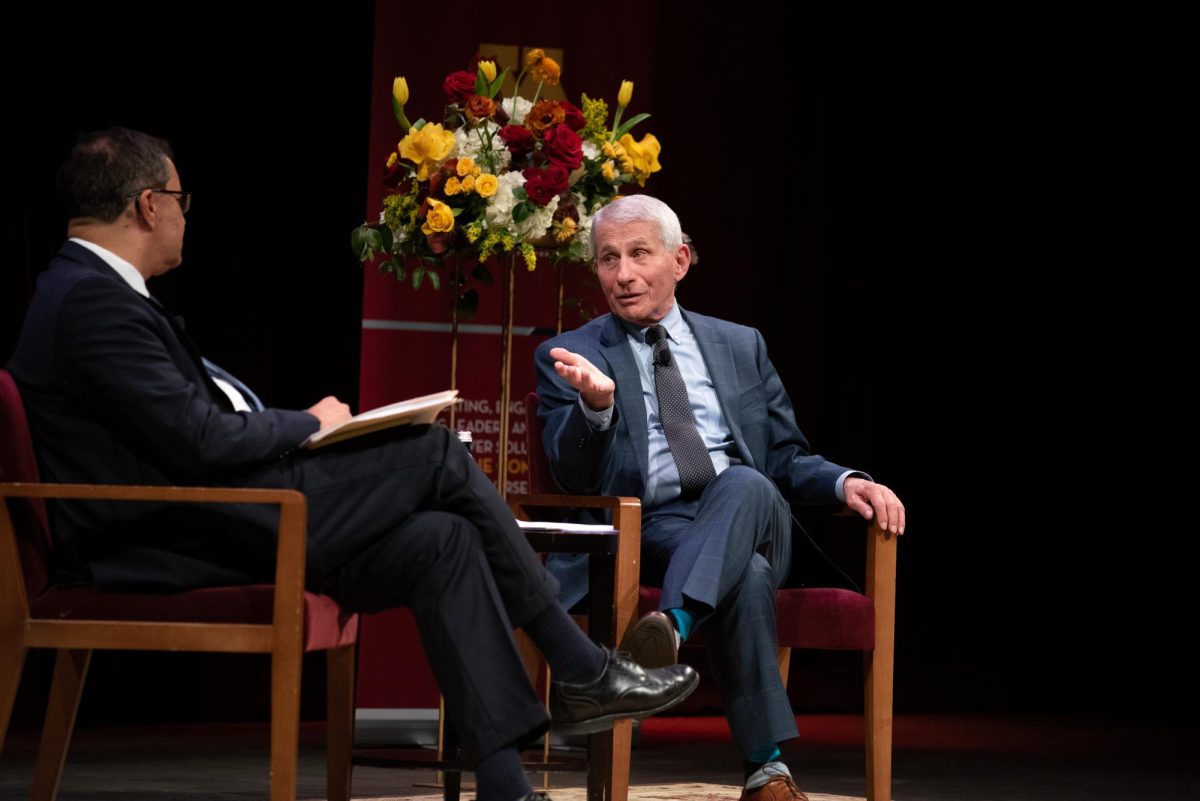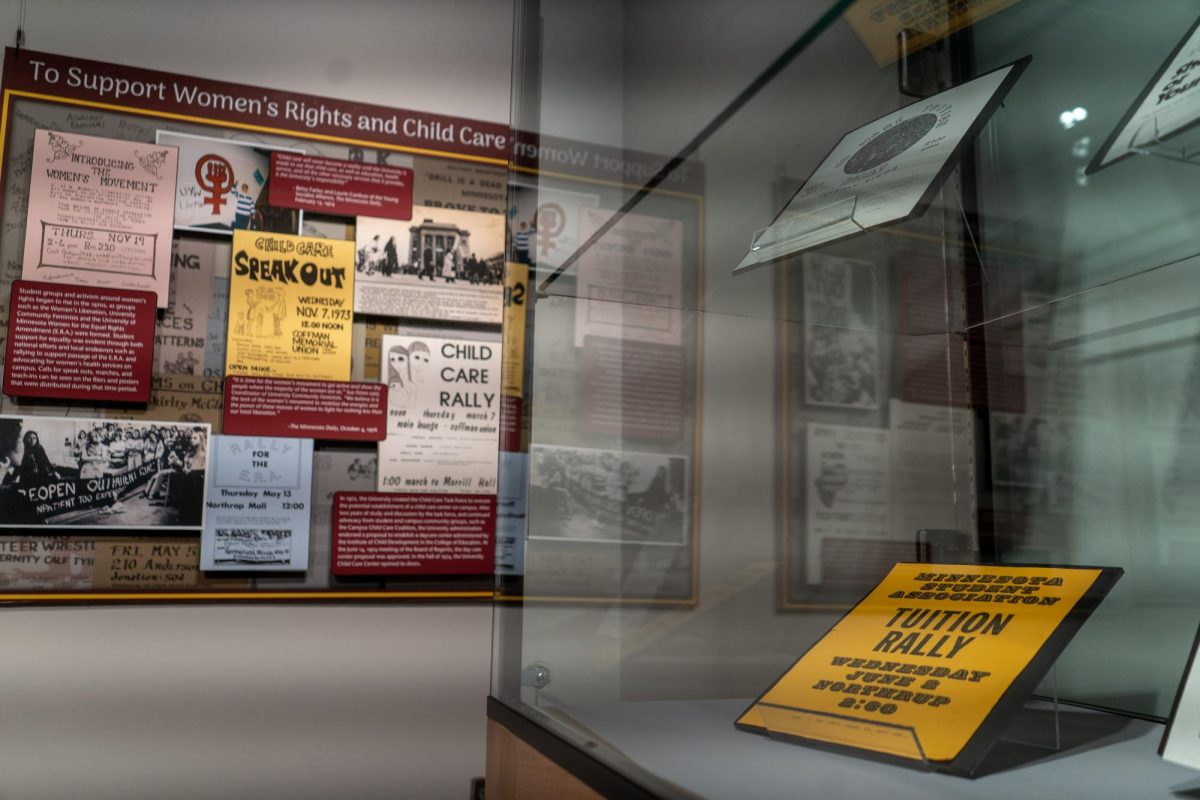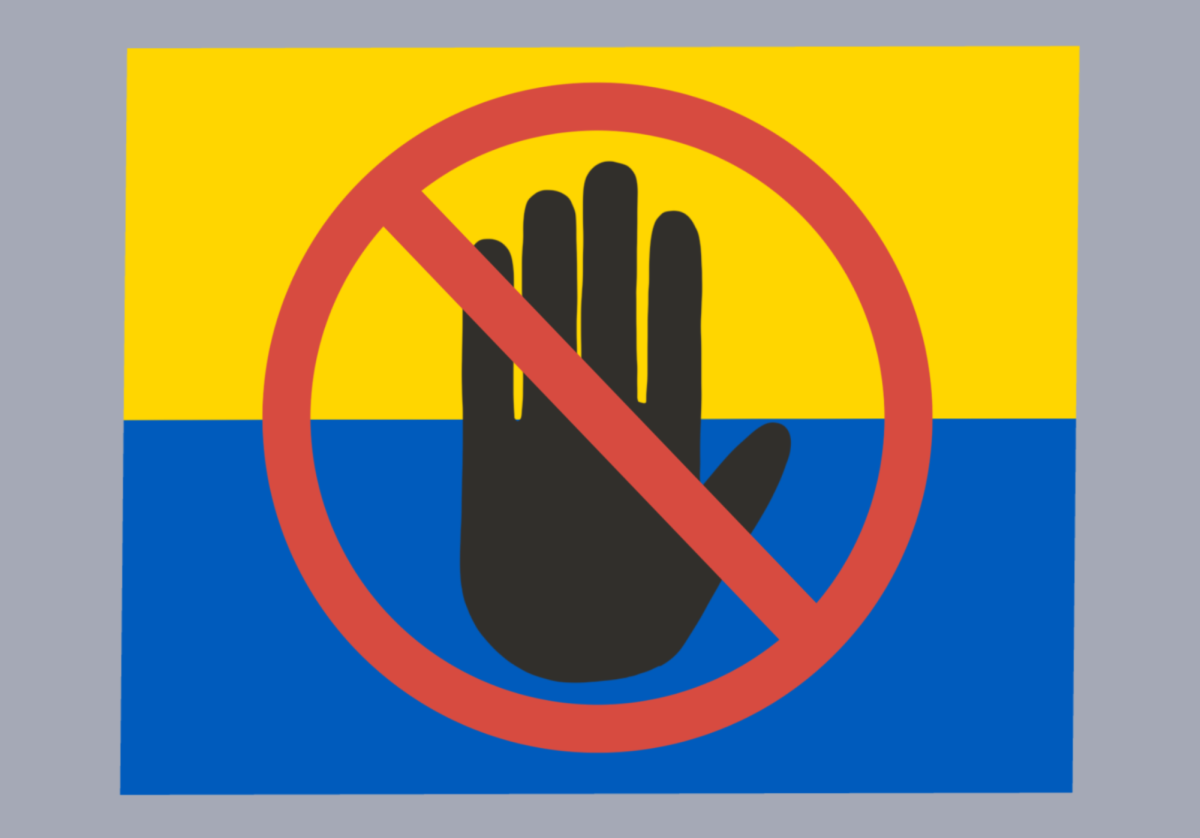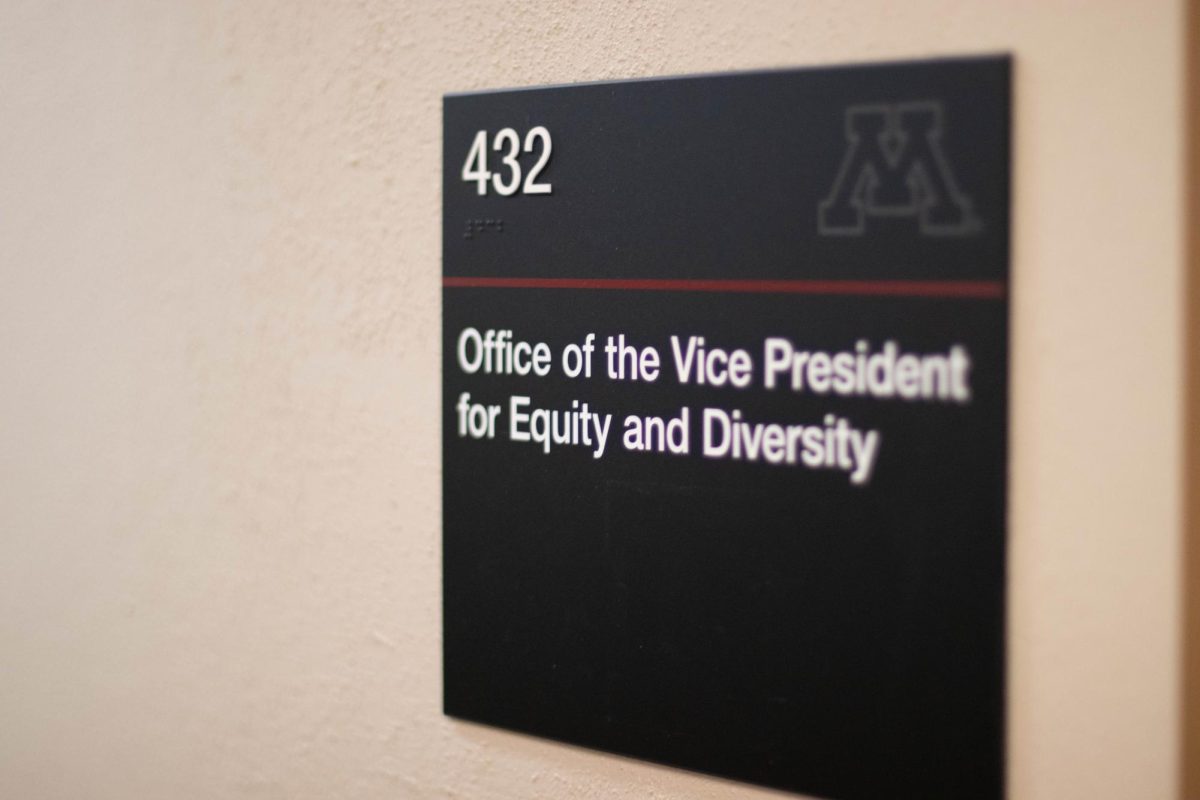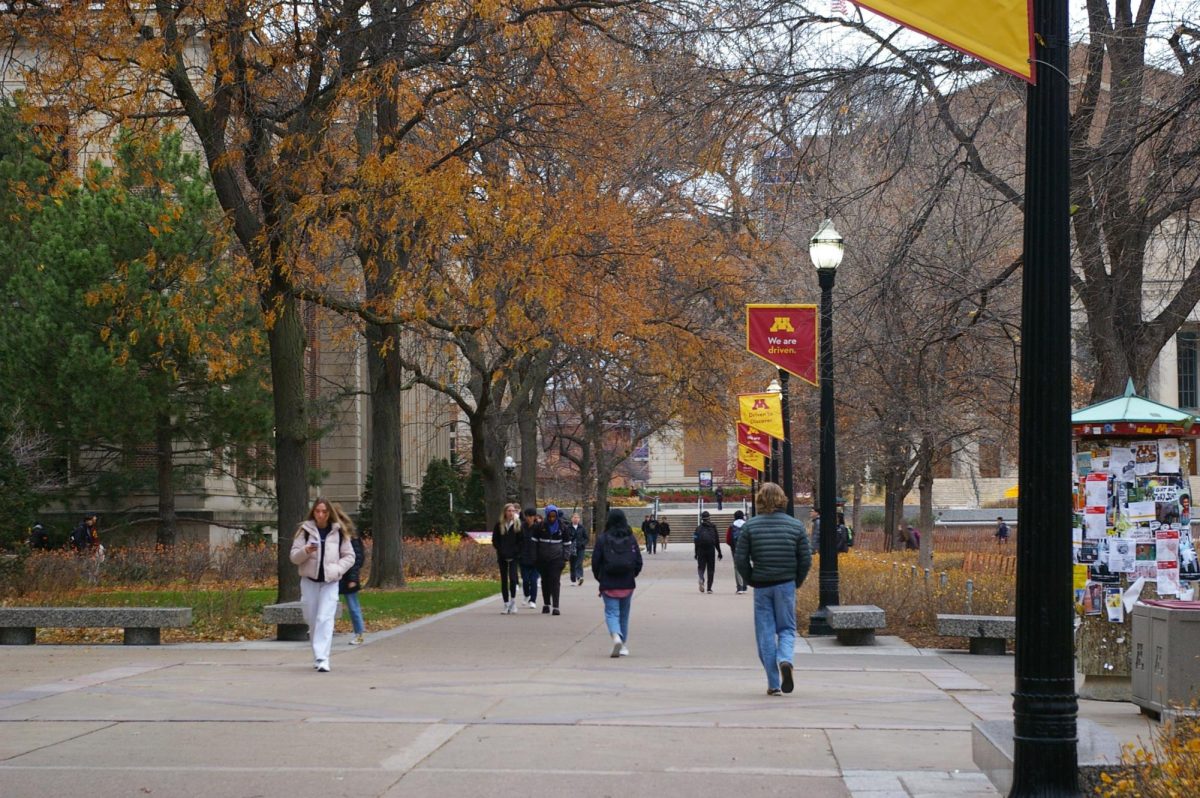The opt-out deadline for Course Works was Sept. 16, leaving students who opted in with the University of Minnesota’s new textbook service introduced this fall.
With a flat rate of $279, the new service has led to some complaints. Students are concerned over the wastefulness of Course Works, with a majority of students who participated in a poll by the Minnesota Daily’s Opinions Desk reporting feeling disappointed by the program.
Paige Rohman, associate vice president for auxiliary services at the University, said 61% of students systemwide stayed opted into the program, with 24% choosing the select program and 15% opting out completely.
The previous system required students to purchase textbooks on their own terms, whether from the University Bookstore or a third-party source.
“In general, an increasing number of students didn’t have their course materials, and that could be for a variety of reasons,” Rohman said. “Maybe they were too expensive, maybe they didn’t have the cash flow at the time to be able to afford them.”
With the introduction of Course Works, the University hopes to simplify the process, Bookstore Director Neil Olness said. He said the University is the first institution to attempt a service like Course Works with upfront pricing.
Rohman said the technologies used for the individual pricing were created specifically for this project with the help of engineers.
When asked about the new technologies used, Rohman said, “(the) middle screen, that had an actual price on it? We had to ask the software for the ebook provider, Red Shelf, to develop that because no other school made it that clear to students.”
With Course Works, the library has the opportunity to expand its outreach to students, according to Director of Affordable Learning and Open Education at the University Libraries Shane Nackerud.
“In the last decade, we have found that students don’t want to come to the library and check out a book for three hours, so we have really focused our efforts on digitizing and creating digital materials,” Nackerud said.
Course Works also allows faculty a way to provide resources to students directly through the Shelf, Rohman said.
The Bookstore is not making money off Course Works, but instead supporting students, Rohman said.
“We have a process where we go through, now that opting is closed, and the team looks to see if there are any students who had zero course materials that had a cost,” Rohman said. “In this case, we do have 1,666 of those students and those students will have their $279 refunded automatically if they haven’t already opted out, because again, the philosophy that we have is this is not a money maker.”
Olness said the University Bookstore helps students get textbooks and other course materials across all five campuses.
“One thing that’s critical to that is we are an independent bookstore,” Olness said. “So many institutions have other entities, third-party entities running their bookstore. We are independent. We’re within the institution and it enables us to have partnerships with various groups around campus to offer the students the best possible experience at the lowest cost.”
However, a major criticism of Course Works is the current price, which Rohman said will hopefully go down.
“It will continue to evolve as soon as spring as this gets refined and as more students are in the program and (we) have more power to negotiate to buy more library materials,” Rohman said.
Corrections: A previous version of this article misstated Paige Rohman’s position. He is the associate vice president for auxiliary services at the University. Other edits made for spelling, clarity.





